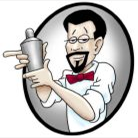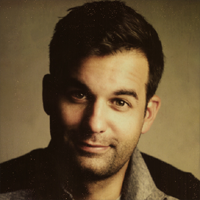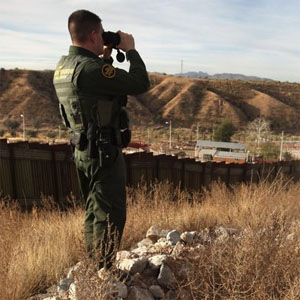I spent the five happiest years of my life in a morgue. As a forensic scientist in the Cleveland coroner’s office I analyzed gunshot residue on hands and clothing, hairs, fibers, paint, glass, DNA, blood and many other forms of trace evidence, as well as crime scenes. Now I'm a certified latent print examiner and CSI for a police department in Florida. I also write a series of forensic suspense novels, turning the day job into fiction. My books have been translated into six languages.
I don’t know what you mean by that.
So far it hasn’t come up in my work, and we have lots of PPE (Personal Protective Equipment).
Yes, of course! You often have to be a little flexible in your schedule, but it's no more a problem than in any other job.
That depends entirely on what in the field of forensic science you want to do. The best way is to call some of the places you’d like to work as ask what their requirements would be, because they can vary all over the country. Smaller labs will want you to cross train.Larger ones might want you to specialize.
Good luck!!
Bartender
 Which customers are the worst tippers?
Which customers are the worst tippers?
Stand-Up Comedian
 How do you fend off hecklers?
How do you fend off hecklers?
Border Patrol Agent
 When you catch an illegal alien crossing the border, is he deported immediately?
When you catch an illegal alien crossing the border, is he deported immediately?
Medicine. Forensic pathologists are doctors and go to medical school. So I would suggest you take every science course you can, especially biological sciences. Best of luck to you!
I don’t know that game.
I'm not sure what you mean: a) how long after a print is left will ninhydrin still detect it, in which case I can say from my own experiment that there's little rhyme or reason to this, sometimes older prints develop better than newer ones or vice versa, or b) how long does a print developed with ninhydrin last, and the answer to that is that ninhydrin is a dark purple dye, so it is permanent, though it will continue to develop so that the entire page may eventually turn purple so we use a fixative chemical on the now-visible print so that will stop the ninhydrin from darkening the paper further. I hope that helps!
-OR-
 Login with Facebook
Login with Facebook (max 20 characters - letters, numbers, and underscores only. Note that your username is private, and you have the option to choose an alias when asking questions or hosting a Q&A.)
(A valid e-mail address is required. Your e-mail will not be shared with anyone.)
(min 5 characters)
By checking this box, you acknowledge that you have read and agree to Jobstr.com’s Terms and Privacy Policy.
-OR-
 Register with Facebook
Register with Facebook(Don't worry: you'll be able to choose an alias when asking questions or hosting a Q&A.)